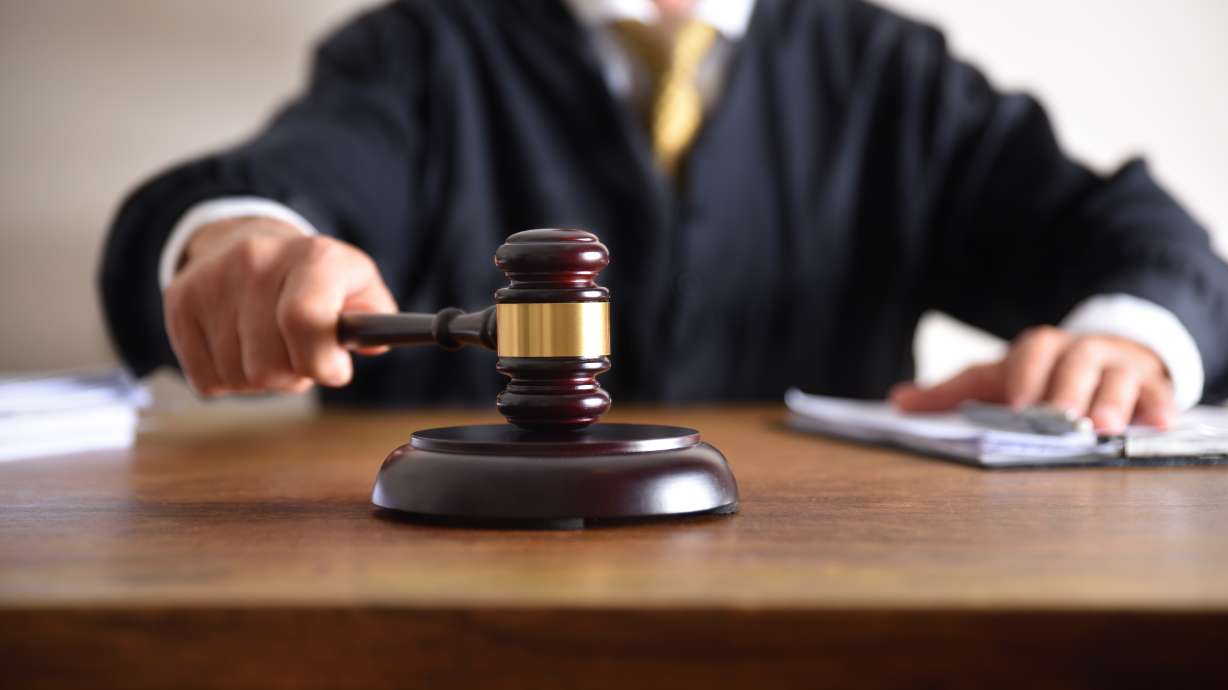It may surprise you to learn that the Utah Courts report that one in four Utahns has a criminal record.
A criminal record can follow you for years — closing doors to jobs, housing, education and even volunteer opportunities. But here's the good news: getting your record expunged, or cleared, in Utah may be easier than you think.
Here's what you need to know about expunging your criminal record in Utah — and how to take the first step toward a brighter future with a fresh start.
What is expungement?
The legal definition of expungement is "to seal or otherwise restrict access to the individual's record held by an agency when the record includes a criminal investigation, detention, arrest, or conviction" Utah Code 77-40a-101(16)
Think of it as a kind of magic eraser that gives you the chance to live as if the conviction never happened. You won't have to worry about it showing up on background checks or explaining it during job interviews.
In short, expungement offers freedom for many people. It's a chance to wipe your slate clean and move forward with life.
How to get your record expunged in Utah
Utah's expungement laws apply to a wide range of offenses — from minor misdemeanors to certain felonies. In 2019, Utah passed a Clean Slate law, which automatically expunges certain crimes from records if you have been convicted of anything for five to seven years.
However, automatic expungement doesn't cover every case — and the process may take several years. If you want your record cleared sooner or your offense isn't eligible for automatic expungement, filing manually is still your best bet.
That's where knowing the right steps can make all the difference.

Step 1: Find out if you're eligible
Before you do anything else, you'll need to determine if your case qualifies for expungement. In general, the Utah Bureau of Criminal Identification (BCI) reports that you may be eligible if:
- Enough time has passed since your conviction. Depending on the offense, this may be anywhere between three to 10 years.
- You've paid all fines, fees and restitution.
- You have no pending criminal charges.
- Your offense is not one of the few that can't be expunged.
For more information regarding eligibility requirements, visit https://bci.utah.gov/expungements/.
Step 2: Request a certificate of eligibility
Once you've determined that you're eligible for expungement, the next step is to get a certificate of eligibility. To get your certificate, you'll need to:
- Submit an application to the BCI. You can do this by mail or email.
- Pay a nonrefundable fee of $65.
- Provide your fingerprints.
Processing can take several weeks, so don't worry if you don't hear back immediately. If your application is approved, the BCI will send you a certificate for each case that qualifies.
Step 3: File a petition with the court
Once you have your certificate, the next step is to file a Petition for Expungement in the district court where the case was handled. You'll need to:
- Submit the certificate along with the petition paperwork.
- Pay a filing fee, which is typically $135.
- Notify the prosecutor's office, law enforcement and any victims, if required.
After filing the petition, you should get a response within 35 days. In some cases, the court may schedule a hearing — especially if someone objects to the expungement. But if everything checks out and no one contests it, the judge can approve your petition without a hearing.
Step 4: Get your record sealed
Once the court grants the expungement, it will issue an order directing agencies — such as police departments, courts and record databases — to seal your records. From that point forward, your criminal history will no longer appear in most public background checks, giving you the clean slate you've been hoping for.
It's also wise to keep a copy of the expungement order for your personal records, in case any questions arise down the road.
You don't have to do it alone
The expungement process can feel overwhelming, which is why it may be a good idea to ask for professional help. Utah Legal Services offers free or low-cost legal assistance for people who qualify. Their attorneys can guide you through every step, from checking eligibility to filing your petition and preparing for court.
If you've worked hard to move past your mistakes, you deserve the chance to start fresh. Let Utah Legal Services help you take that next step. Visit utahlegalservices.org to find out if you qualify and get the support you need.









